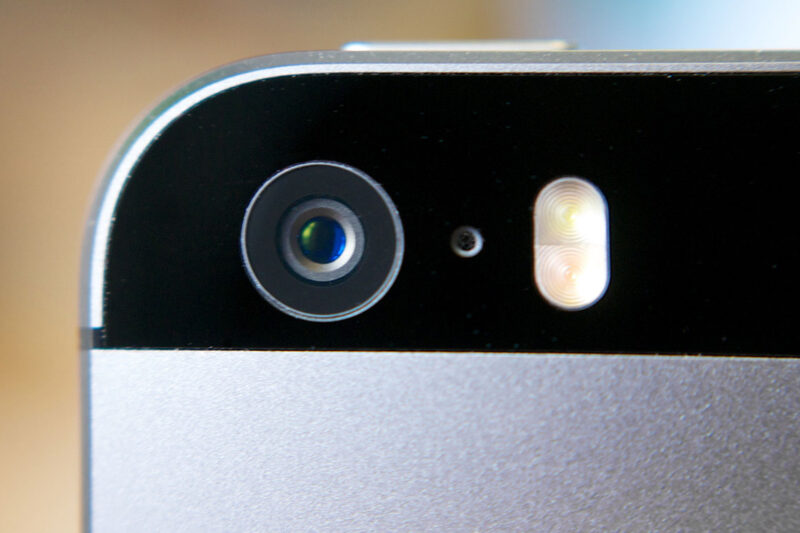
Yesterday we asked the full Sixth Circuit Court of Appeals to consider the arguments in our amicus brief that it should rehear a case decided by a three-judge panel in a ruling last month that undermined the privacy rights of everyone who carries a cell phone.
In the case, law enforcement agents required Melvin Skinner’s cell phone company to provide them with his GPS coordinates continuously for three days as he drove across the country. The agents did not get a warrant or demonstrate probable cause. Using the data, the agents tracked Skinner down, searched his motor home, and arrested him for his alleged role as a drug courier. On appeal, Skinner argued that the warrantless GPS phone tracking violated his Fourth Amendment rights.
Unfortunately, the Sixth Circuit disagreed. In a decision that has been extensively criticized, the court said that the Fourth Amendment provides no protection for three days’ worth of real-time GPS tracking data derived from a cell phone. Although the court framed the issue as about the “rights of criminals,” its reasoning would deprive everyone who owns a cell phone of any Fourth Amendment protection against being tracked this way. This is particularly unfortunate given that the Supreme Court held earlier this year, in United States v. Jones, that when law enforcement agents wish to attach a GPS device to a vehicle to track its movements, that counts as a search under the Fourth Amendment.
On August 28, Skinner asked the Sixth Circuit to reconsider its decision. In our brief in support of that request (joined by our coalition partners the ACLU of Michigan, ACLU of Tennessee, Center for Democracy & Technology, Electronic Frontier Foundation, and Electronic Privacy Information Center), we wrote:
This Court should grant rehearing because the majority opinion is wrongly decided in light of United States v. Jones, supra. The panel majority opinion is an unusually important and weighty precedent given its status as the first appellate decision in the nation to apply Jones to GPS tracking via cell phones and severely undercuts the Jones decision by effectively limiting it to its facts. While Jones places constitutional restrictions on the ability of the police to track the location of a car using GPS, the Sixth Circuit has now held that agents can engage in even more intrusive surveillance of cell phones without implicating the Fourth Amendment at all. This Court should grant rehearing so the important issues in this case can be more thoroughly considered.
Where people go reveals a great deal about who they are and what they value. The government should not be accessing three days’ worth of GPS tracking information without being authorized to do so by a judicially-issued warrant based on probable cause.


